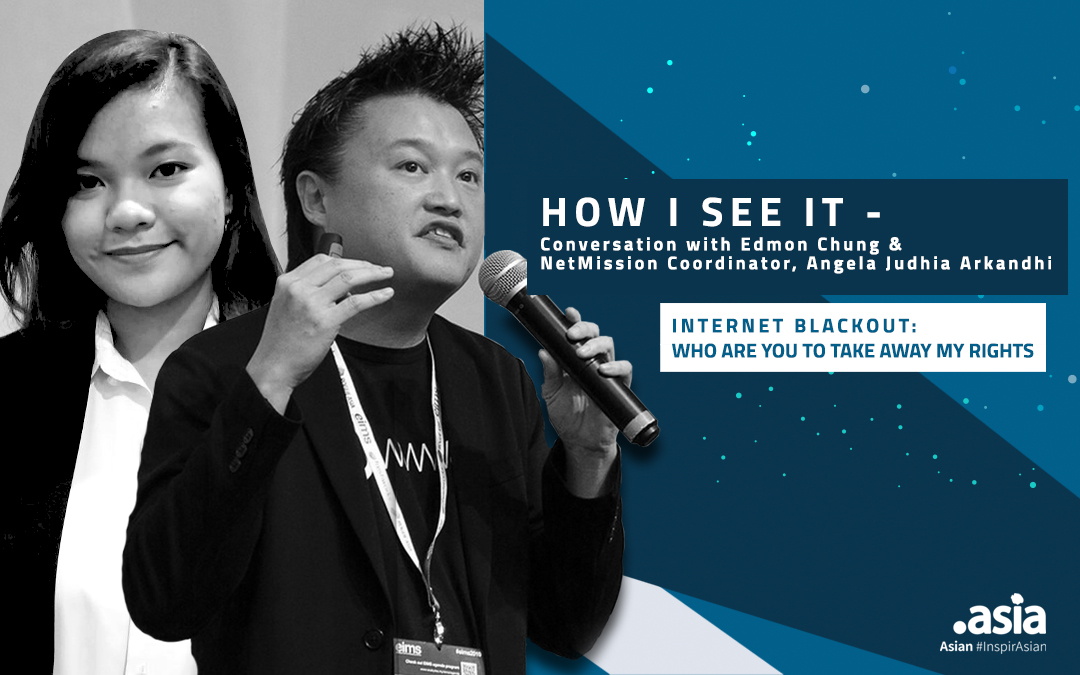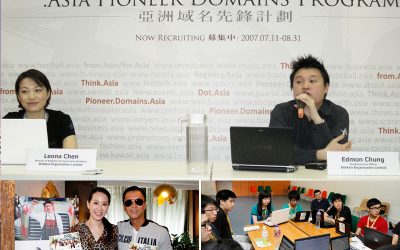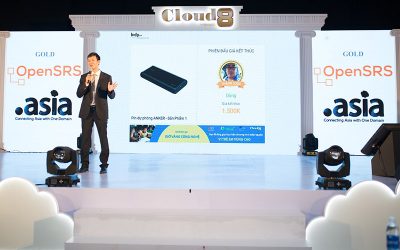Kaizen is a business philosophy popularized in Japan in the 1950s. Its methodologies have become a global management guide that enthuses Startups and Multinational conglomerates alike. What’s more, the Kaizen tactics are so versatile it can also be used in personal development.
What is Kaizen
The two character Kanji – 改(Kai)善(zen), the same in writing and meaning in both Japanese and Chinese, literally translate to ‘modify / improve’ 改 and ‘good’ 善. Kaizen embodies a way of thinking that focuses on achieving continuous and small improvements.
How to apply Kaizen in business and in life
According to the Kaizen way, there are 5 steps that are important for continuous improvement:
- Identify challenges in the existing process
- Prioritize challenges with main target in mind and set measurable Kaizen goals
- Identify and finely breakdown tasks to small steps, that are necessary to achieve these goals
- Implement and evaluate new process through out the Kaizen methodology
- Once proven effective, establish new process in everyday practice
Compared with the practice of goal setting (think New Year Resolutions), often associated with a Western origin, the Asian Kaizen philosophy emphasizes on the process, and establishing effective systems to achieve one’s goals.
Whether you are a business aiming to attain a 20% gain in revenue or an individual striving to realize your Olympic dream, the Kaizen system empowers you to find better ways to do things. If something is not working, stop and re-assess, how can you use Kaizen methods for a better outcome?
Learn more about the Kaizen philosophy from other .Asia websites
Show http://jobandwork.asia
Show: http://www.geconsult.asia
This.Is.Asia Newsletter Issues

Asian Pacific American Heritage Month – A Conversation with Todd Han, President and CEO of Dynadot.com
Asian Americans contribute significantly to the development of small and medium size businesses in the U.S. In honor of Asian American and Pacific Islander Heritage Month this May, we are dedicating our post to our channel partner Dynadot.com, founded by Asian...

My Favorite Asian American Artists in 2021
Here are some of my favorite Asian American artists and entertainers in films, music, and performing art. I’ve followed their journey for many years. During the pandemic, art became a form of therapy for me.

How I See it – Internet Blackout: Who Are You to Take Away My Rights
Have you experienced an Internet blackout? Such incidence might occur when a city is hit by natural disaster or facing cyberattack. The outage of Internet service experienced by the people of Myanmar recently did not happen because of any such reasons above however, but about politics.
In this episode, Edmon Chung, the CEO of DotAsia Organisation, and Angela Arkandhi, NetMission ambassador — a university student from Indonesia who is passionate about Internet governance and digital policy — are going to explore how the Internet shutdown refrains us from exercising our rights. What are the compromises between tackling the dissemination of false information and ensuring freedom of speech online? Is Internet shutdown not an open-air prison for those who are experiencing it?

Asian American Sustenance
Asian American Food and Identity Food is a vital part of culture. Through food we are joined via a shared experience. It is a connection to our earliest memories, our heritage and some say, an intercultural communicator. Asian American cuisines are a category onto...






